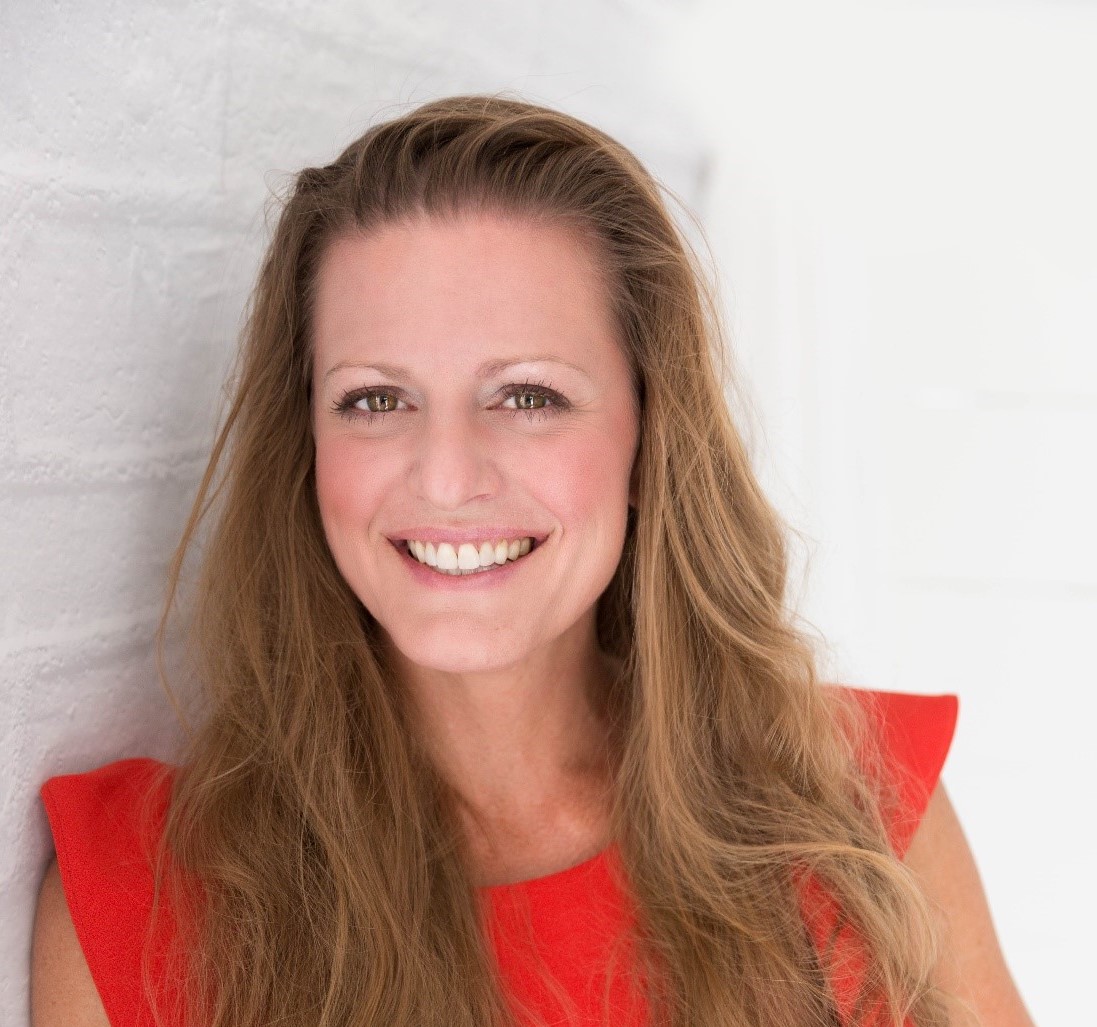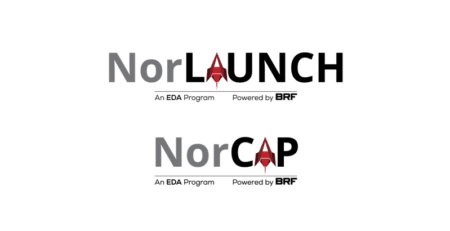The number one question asked by entrepreneurs with a business idea is “how do I fund my business?”
Many entrepreneurs believe that grants are the best option for funding a startup business, but the reality is that grants that are made available to for-profit organizations are few and far between. More importantly, these grants are extremely competitive. While it might seem like this is the easiest path to take for funding, grants are not the best approach for most businesses.
There are multiple ways to fund a business, and they all have pros and cons depending on a multitude of factors. They include:
• Self-funded or “Boot Strap Funding”
• Friends and Family Investors
• “Angel” Investor
• Loans/Debt
• Grants
• Crowd Sourcing
• Partnerships/Services with other companies
Most entrepreneurs start by self-funding their business, which is often as simple as investing whatever savings they might have into their business. The reality, though, is that for most entrepreneurs this is not a long-term funding solution. Many turn to their friends and family next as an investment source, but again, this is rarely sufficient to fully fund a business. When we say loans and debt as a funding source, this can be anything from a bank loan to a second mortgage on a home, or credit card debt. Not surprisingly, this approach can have immense risk. When it comes to going to a bank to ask for a loan, most business owners get one chance to make their ask. If their business is not ready for funding, they may have blown their one chance on obtaining a bank loan. Crowd sourcing has had success in the past; however, there are also risks with this funding approach. The stories of crowd sourcing gone wrong, with the promised product never materializing, has made people hesitant to support this type of fundraising. When businesses partner with other companies, this often looks like providing services in kind such as marketing or social media. There is absolutely value in this type of funding; however, it is rarely of such a value to get a business up and off the ground.
While the question of how to obtain funding is often forefront in entrepreneurs’ minds, the real question they need to be asking themselves is what they need to have in place before they ask for funding. First and foremost, entrepreneurs need to be able to show that they have met a number of benchmarks. You shouldn’t be asking for money until you know you are ready, and being ready includes having a product, being able to show existing demand, and the ability to deliver said product.
Any entrepreneur who thinks they are ready for funding should ask themselves the following questions:
1. Ideate – Is it a mature business idea?
2. Will it make money?
3. Is there a product or service that they are wanting to offer?
4. Is there actual demand for the product or service? Do people want it, and will they pay for it?
5. Can you deliver the product or service?
For many entrepreneurs, completing the prerequisites needed to ask for funding can seem intimidating, but the good news is that there are plenty of resources available in Northwest Louisiana to help get entrepreneurs ready for the fundraising stage. BRF’s Entrepreneurial Accelerator Program (EAP) is walking entrepreneurs through every step of getting their idea ready. This includes connecting entrepreneurs with community partners that are experts in their fields, as well as offering educational opportunities.
EAP and CoHab, will be hosting its July Spring into Summer seminar on the topic of “Maturing Your Business Idea” on July 9 from 10 a.m.-12:30 p.m. Attendees will be learning about Ideation from CoHab and How to Build Your Business Model from EAP. This is a great opportunity to learn what you need to know before going out into the community to raise money for your business.
The reality is that you CAN start and fund a business in Northwest Louisiana, but to be successful, entrepreneurs need to understand what it takes to get an idea to a place where they are ready to ask for outside investment. This isn’t a puzzle that entrepreneurs need to solve alone, but rather they just need to know where to turn for help.
Julie Gilley , senior financial analyst for eap




